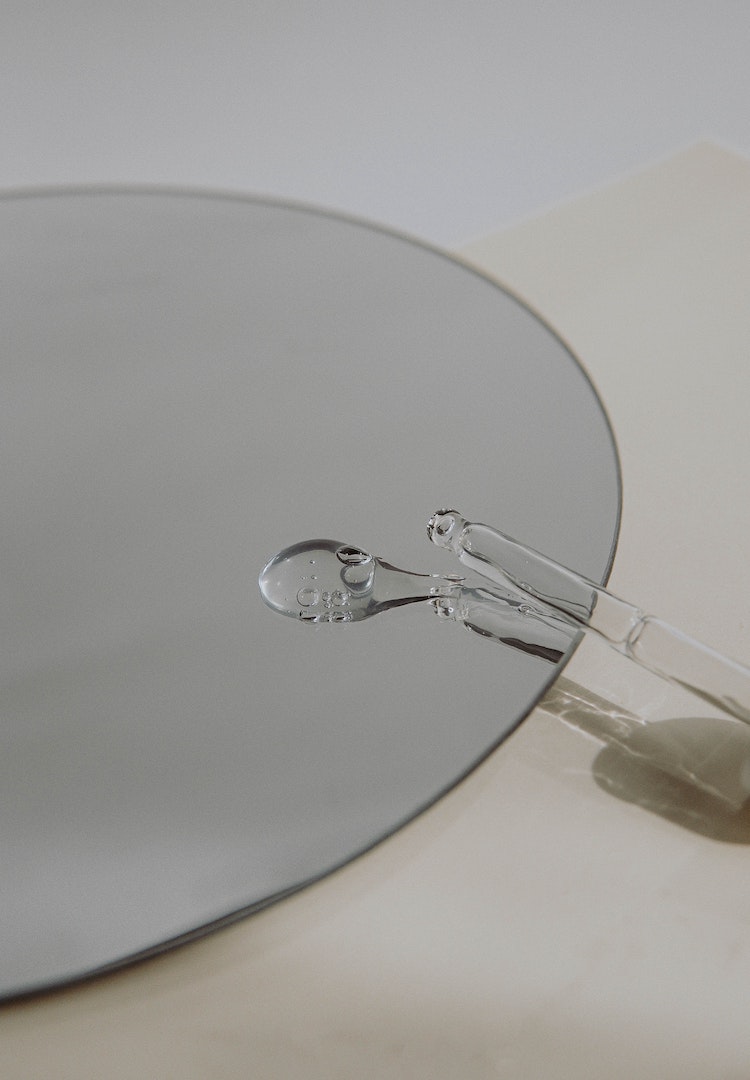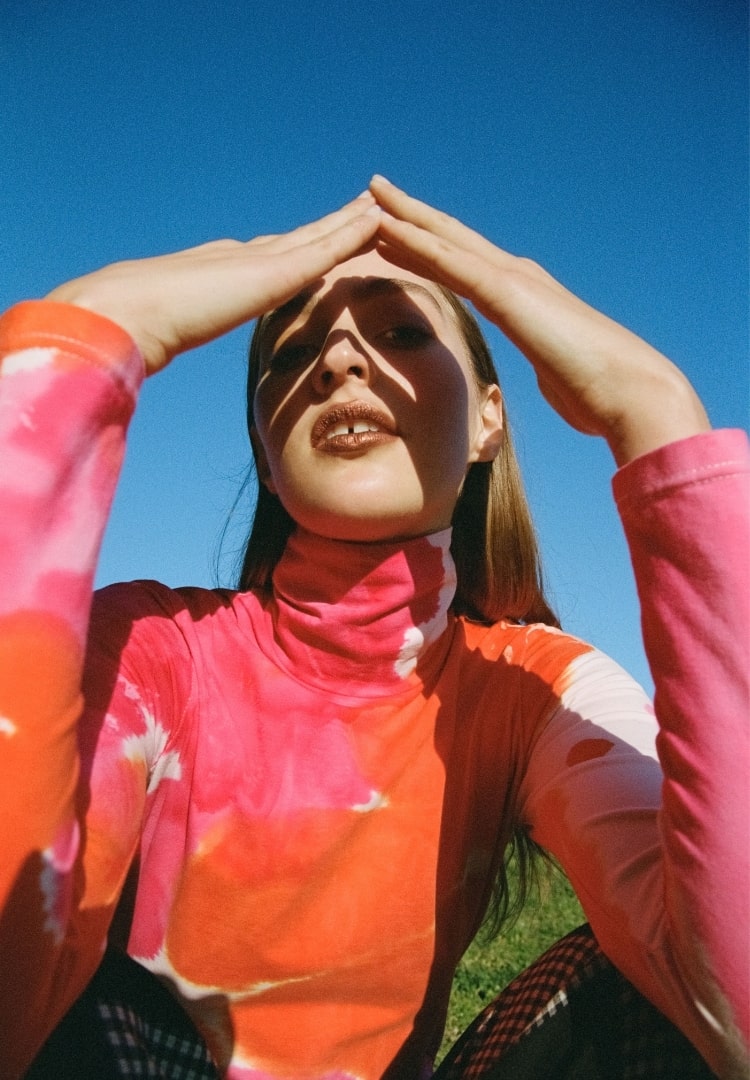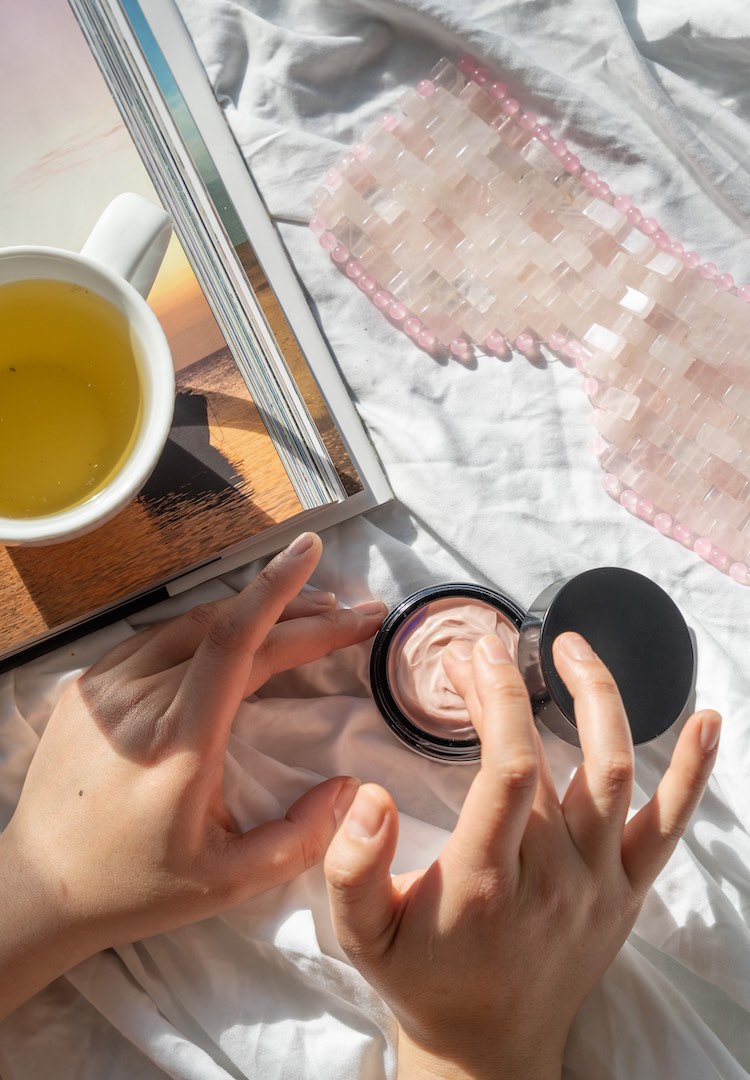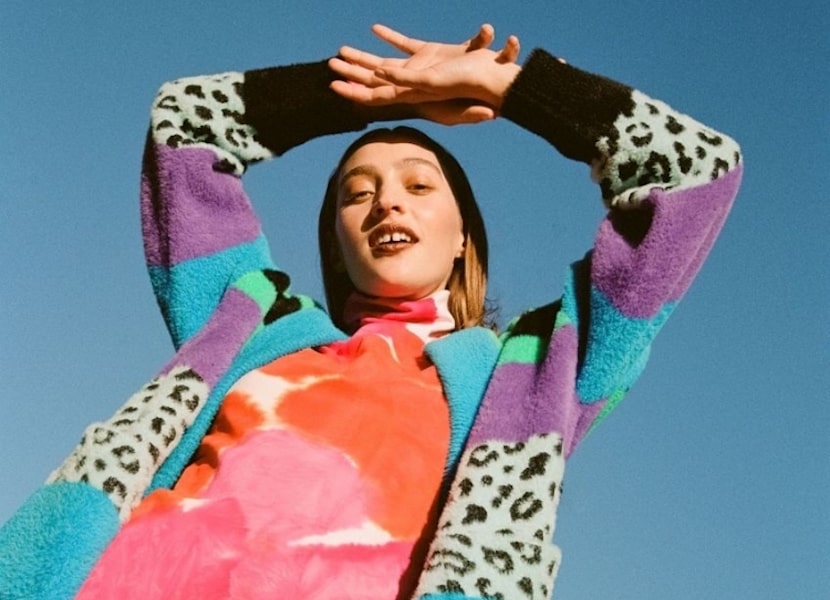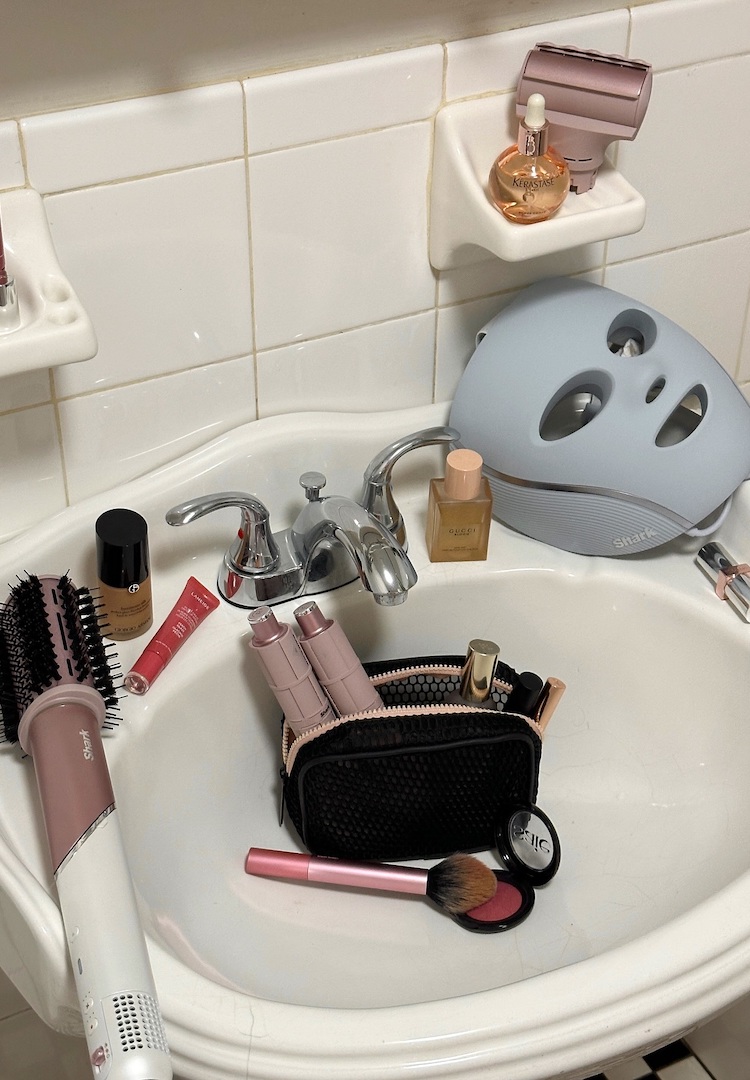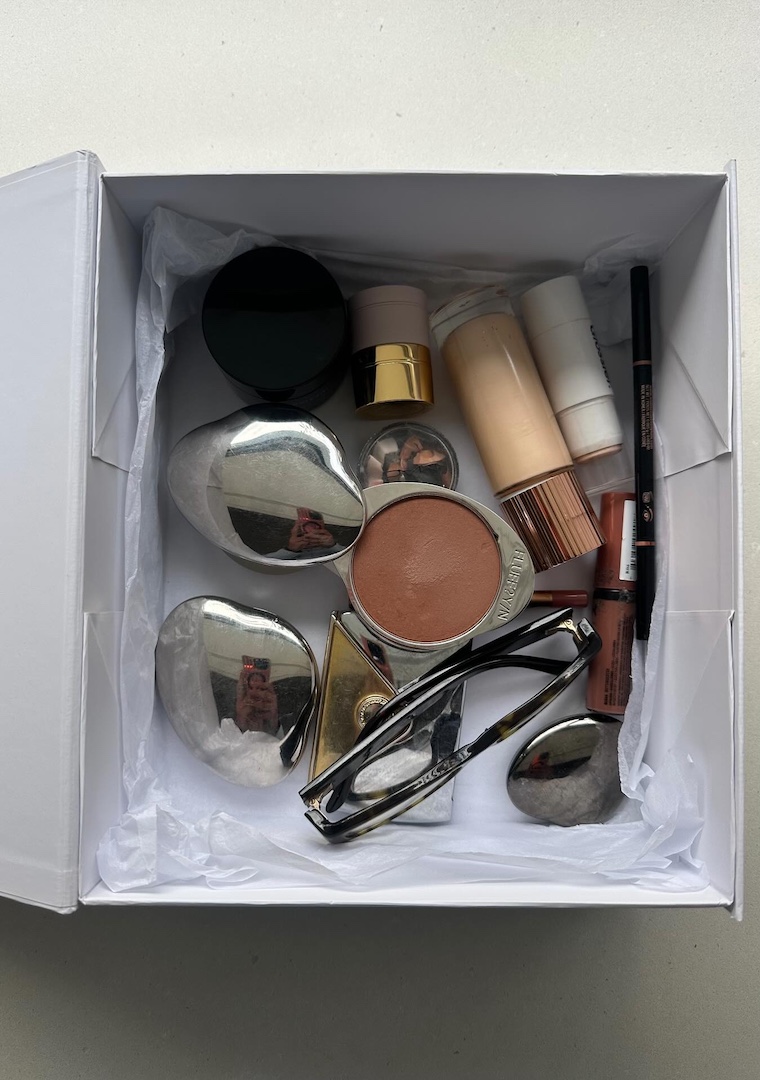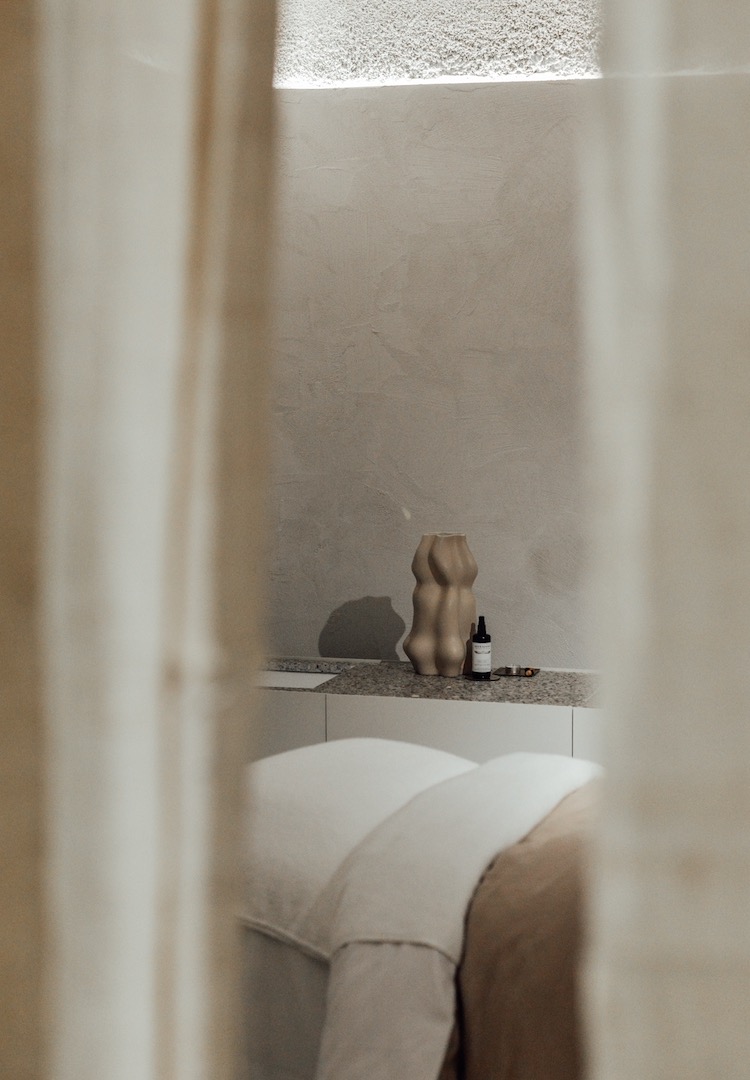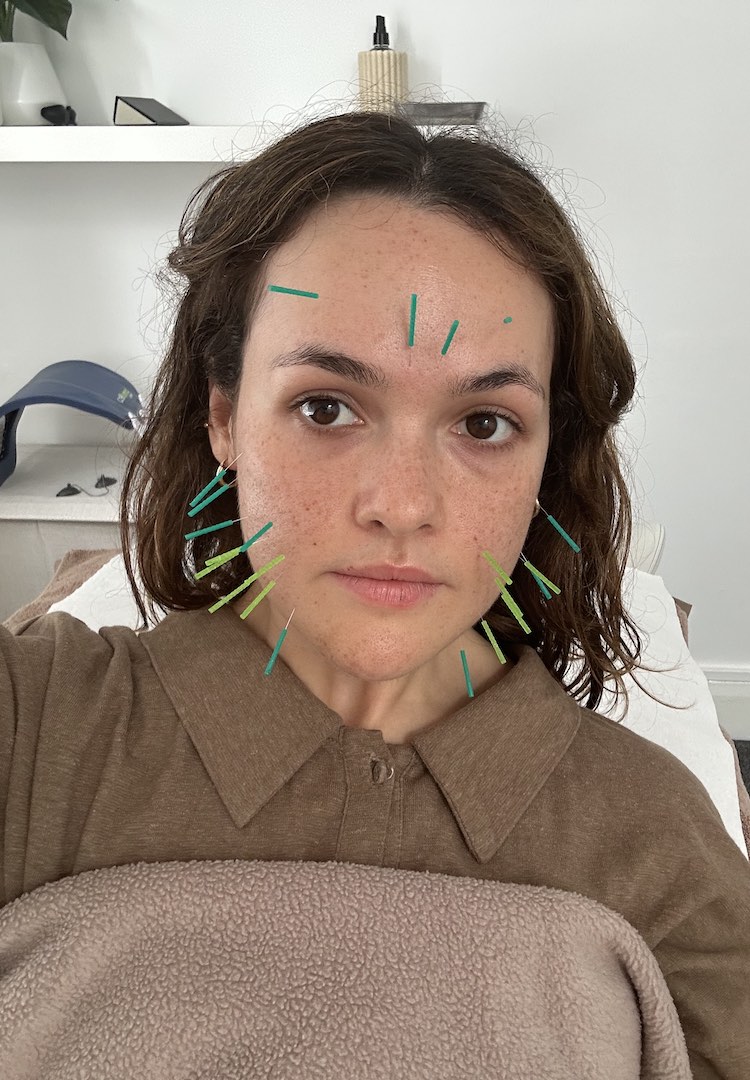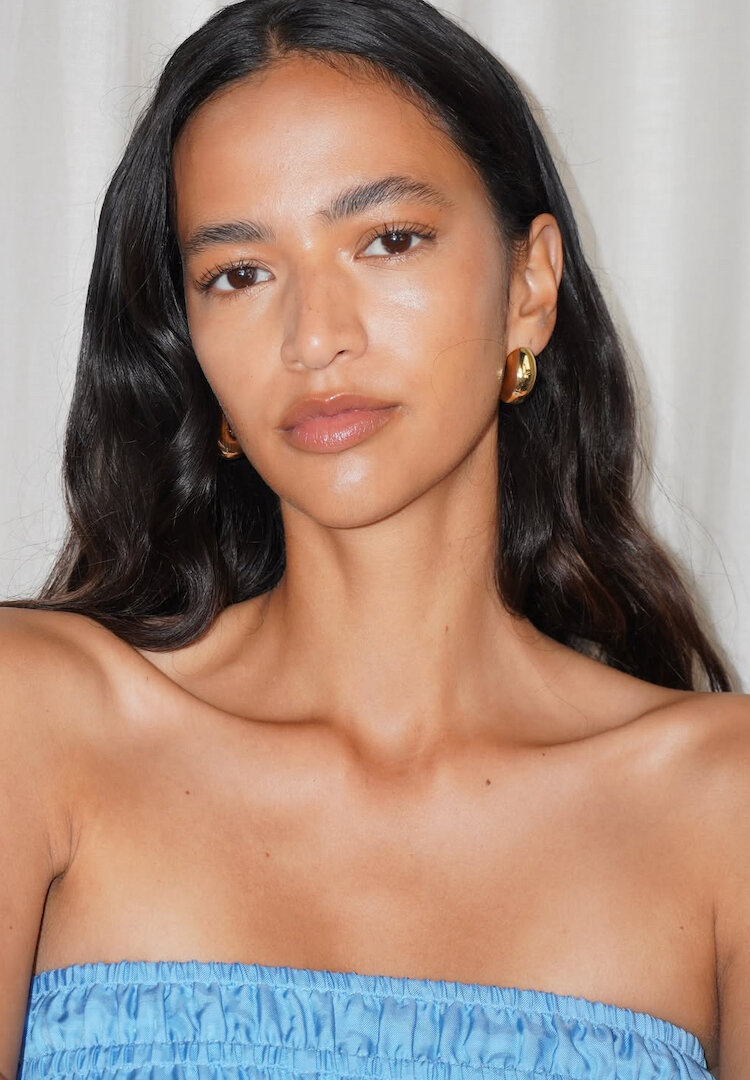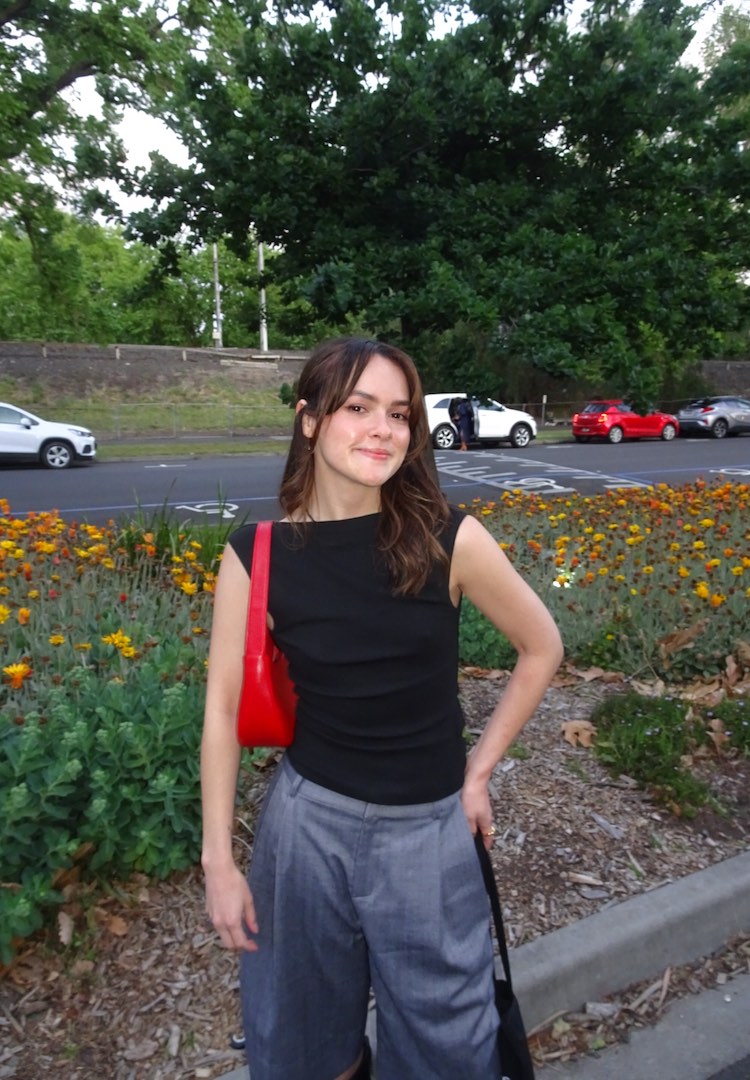Is our SPF obsession preventing women from embracing the process of ageing?
PHOTOGRAPHY BY JASON HENLEY
WORDS BY JASMINE WALLIS
Why we shouldn’t be scared of fine lines and wrinkles.
In recent years, I’ve become a skincare stan. I love the lotions and potions; I look forward to seeing positive differences in my skin and I relish in my self-care ritual. I apply my 50+ SPF sunscreen every morning no matter the weather (or state of lockdown). With my finger on the beauty pulse, I’ve recently noticed the industry – or more specifically, the skincare space – market SPF through the lens of anti-ageing.
A sunscreen brand reposted a tweet that read “Did you reapply sunscreen today or are dark spots and wrinkles your vibe?” I immediately felt the familiar panic of FOW (that’s fear of wrinkles, of course). Had I reapplied? Was I incidentally sitting in the sun as it shone through my window? Were wrinkles forming as I read?
For more hair and beauty features, check out our Beauty section.
There’s no denying that SPF has been a big focus in the skincare realm in recent years. And for good reason, too. In Australia, 16,221 cases of melanoma were diagnosed last year. While we should all be ‘slip, slop, slapping’, when does our love of daily SPF move from protecting our skin from cancer to becoming an ‘anti-ageing’ obsession?
Why does our skin age in the first place?
As our bodies age, the elastin and collagen fibres found under the skin’s surface begin to reduce. These fibres give our faces suppleness and elasticity and when coupled with fat thinning as we age, skin can begin to sag.
Lifestyle factors like smoking and sun exposure can age the skin, along with genetics and diet. Everything is linked and no matter how much money, time and energy you have, if you’re lucky enough to live for a long time, your skin will naturally begin to age.
Is this a bad thing, though? The definition of the word ‘anti’ means opposed to or against. Our society is opposed to ageing, even though it’s the most natural thing in the world and, funnily enough, one of the only guarantees in life.
The new wave of age
While skincare brands tell my 25-year-old self that getting a few wrinkles is one of the worst things that could happen to my body, there’s a refreshing wave of brands and people that are embracing ageing skin.
Last year, Australian skincare brand Biologi used 62-year-old model Rachel Waller in its ‘pro-ageing’ campaign. Actresses Andie MacDowell and Jane Fonda graced the cover of Vogue Poland this month in all their grey-haired glory, Andie’s lines being a focal point of the shot.
View this post on Instagram
And over in the US, Drew Barrymore and Cameron Diaz (sadly) made headlines when a candid snap of two friends was heralded as women “ageing gracefully”. The fact that two filler-free women in their fourties even caused a stir is proof enough that we have a massive issue with seeing ageing skin – particularly on the faces of celebrities. Our modern-day world is bombarded with women who still look like their 30-year-old selves thanks to injections, treatments and facelifts.
Pro-ageing
In Mirror Mirror, we hear from a woman in her late sixties who feels invisible as an older person in society. She ends up getting a facelift. It seems to make her feel better about herself and who are we to judge what others do with their bodies? For 56-year-old model Violeta Zuvela, however, it was a hard moment to watch.
View this post on Instagram
Discovering Violeta’s account felt like a breath of fresh air on a platform full of filters and youthful skin. Her page is a blend of fashion, skincare and beauty recommendations with a multitude of makeup-free photos taken in bright sunlight, her fine lines and silver locks glowing. I had to ask – what did she think of all of this ‘anti’ ageing marketing?
“I don’t like the word anti because how do you stop ageing? The clock is just ticking by. I love the term pro-ageing,” Violeta tells me over the phone.
Having just been signed to Chadwick models at the age of 56, it seems that Violeta is embracing a new chapter and was inspired after seeing mature models make a dent in the international modelling scene. But what’s it like ageing in such an appearance-focused industry?
“When I was in my fourties, I was finding it really tough. I tried botox and I hated it because when I smiled, I just didn’t look like me. I ditched the hair dye three years ago and now I’m just finding it to be a big relief. I thought ‘no, I’m just going to age and wear my wrinkles and show people that life isn’t just about trying to look like what you’re not’.
Despite avoiding botox and surgeries, Violeta uses skincare and has worn 50+ SPF sunscreen every day for more than two decades. Sunscreen is her desert island pick. “It doesn’t stop the wrinkles but it does help. I just want to look my age.”
Violeta advocating for sunscreen doesn’t feel like the SPF-shaming plaguing the skincare world. Instead, Violeta embracing her fine lines and wrinkles is a good reminder of what ageing skin looks like. Not something to hide or feel guilty about – it just is what it is.
View this post on Instagram
So, is our SPF obsession leaning into age shaming? It’s seeming a little like that. As beauty writer and critic Jessica De Fino wrote, “Swap the word ‘wrinkles’ for ‘stretch marks’ in your favourite brand, editor, influencer or media platform’s content.” If we know that we shouldn’t shame people for stretch marks or acne, why are we so focused on a process that’s such a privilege to experience?
“Your face and body may change but your confidence soars,” Violeta says. “That’s the best thing about ageing. You become your own person and you’re not afraid to say no and do what you want to do.”
I’m going to keep applying my SPF 50+ every day to protect my skin – but if I get a few wrinkles and lines as a by-product of living, laughing and breathing, that feels like a pretty good deal. Maybe wrinkles are a ‘vibe’ after all.
To hear other women speak on the beauty of ageing, head here.

